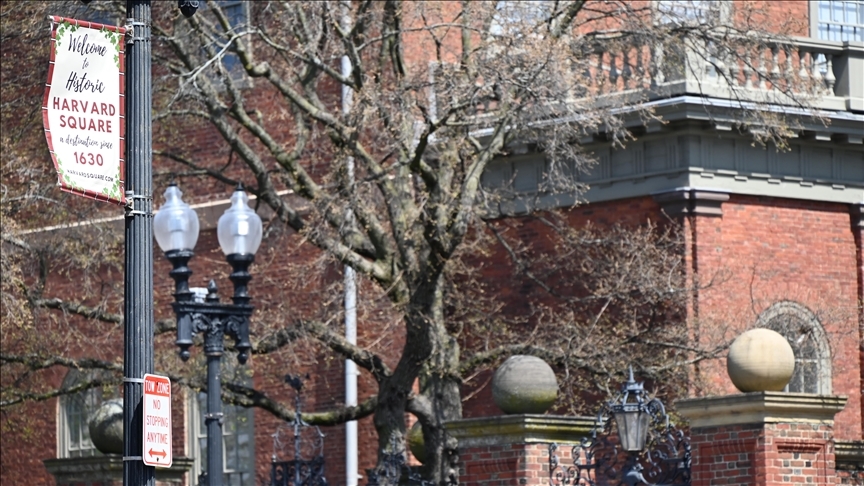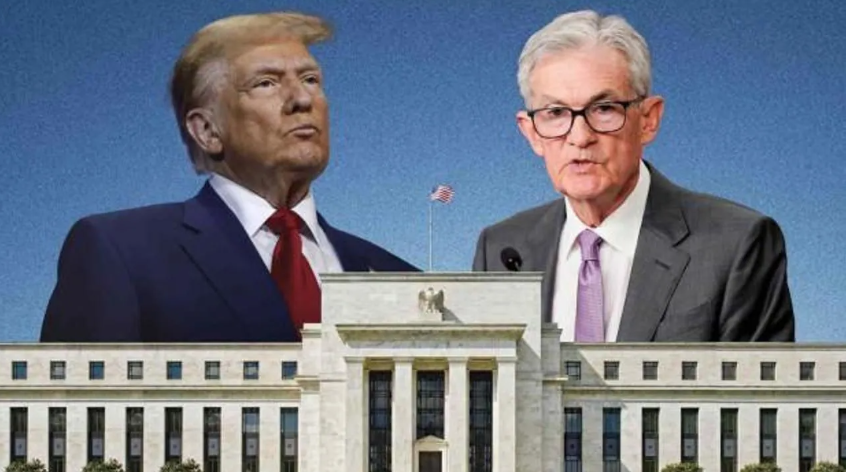Former U.S. President Donald Trump has once again set his sights on Harvard University, accusing the prestigious institution of having “lost its way.” In a statement posted on social media, Trump claimed that Harvard has become a gathering place for “radical left-wing fools” and “birdbrains” who are more focused on pushing ideology than providing quality education. He went so far as to argue that Harvard should no longer be considered a good place for learning, nor remain on the list of the world’s top universities.
But Trump’s harsh rhetoric reveals more than personal frustration—it signals a broader ideological clash over the future of American higher education. His critique is rooted in last year’s pro-Palestine demonstrations that took place on Harvard’s campus, which Trump views as emblematic of a dangerous leftist trend in American academia. For the former president, this is not just a cultural battle; it is political warfare. And Harvard is just the latest battlefield.
The Harvard administration, in response to pressures from Trump and others, has stood firm. The university rejected the political directives sent to them—directives that reportedly asked for the removal or disciplining of certain students and staff. Harvard leadership made clear that such demands would violate the institution’s autonomy and the core American principles of free speech and academic freedom.
This is not the first time Trump has challenged the autonomy of major universities. Similar pressure was applied to Columbia University, which responded more quietly. But Harvard’s defiance triggered a more aggressive counter from Trump, who is now calling for an end to federal funding for the school.
According to The New York Times, this confrontation represents a deeper threat to academic independence in the United States. Universities, even when they receive federal funding, are protected by constitutional guarantees that support the freedom of expression and intellectual inquiry. The risk is that under increasing political pressure, this autonomy could be eroded.
Meanwhile, conservative outlets like Fox News have echoed Trump’s critique, arguing that elite universities have become ideological echo chambers disconnected from American values. They portray Trump’s stance as a necessary correction to the perceived liberal bias on campuses.
In practical terms, the Trump administration previously attempted to cut federal funding to Harvard, freezing a reported $2.2 billion and suspending contracts worth $60 million. In response, Harvard filed a lawsuit to challenge the decision. That legal battle may set a precedent for the future relationship between academic institutions and government authority.
What is at stake here is not simply one university’s reputation. This is about whether American universities will be allowed to think independently or be forced to conform to the shifting winds of political power. Trump’s comments may serve to galvanize his political base, but they also raise serious questions about the direction of academic freedom in the United States.
Today it’s Harvard. Tomorrow it could be any institution that dares to push back against the political status quo. If the U.S. is to remain a society that values thought, inquiry, and dissent, then its universities must remain free to speak—even when that speech is inconvenient.
- Trump’s Houthi Statement: Peace Offering or Strategic Retreat? - May 6, 2025
- Turkey’s New Path: London or Washington? - May 6, 2025
- Opinion | The Pentagon’s Star Trim: A Bold Move or Bureaucratic Theater? - May 6, 2025








